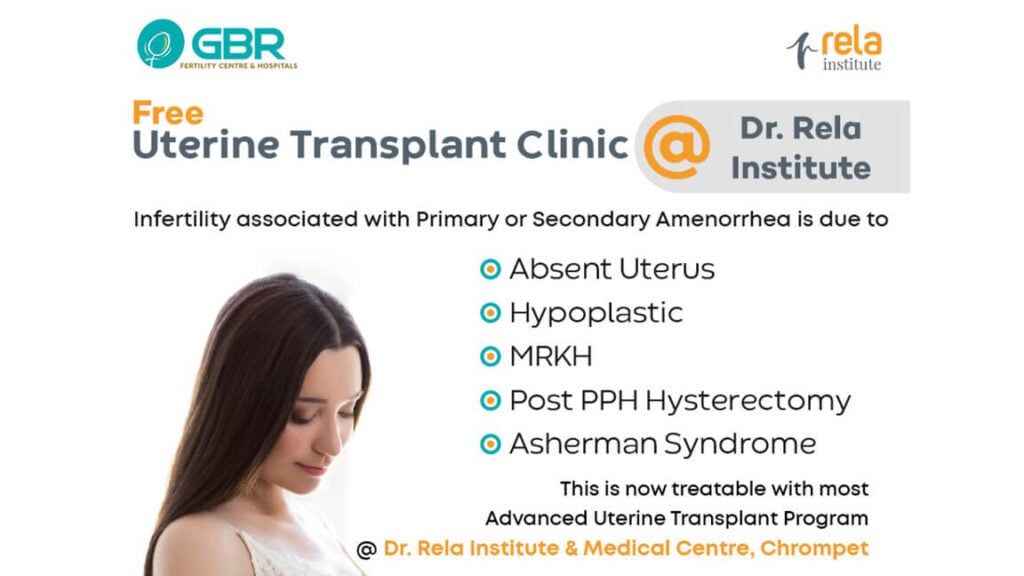Intrauterine Insemination (IUI) Treatment
Intrauterine Insemination also known as artificial insemination, is a simple procedure that is usually recommended for those women with healthy, patent fallopian tubes but unable to conceive due to various reasons.
IUI Procedure
In IUI, the procedure typically starts from the Day 2 or Day 3 of menstrual period. In this the follicles get stimulated to increase egg production to improve the chances of pregnancy and a regular ultrasound will give an idea of follicle growth. While the follicles reach certain size, the hormone Human Chorionic Gonadotropin (HCG) is administered in the form of injection for the follicles to rupture and release the egg. On the day of procedure, the semen sample of the partner is washed to separate it from seminal fluid. The processed sperm is then taken in a catheter and injected directly into the uterus. Since, the sperm with good motility gets placed into the uterus, it has an advantage of moving forward and reach the egg. However, it has to fertilize with the egg on its own.
IUI is a simple, OPD procedure and causes very minimal or no discomfort. The patient can leave the hospital soon after it is done. The positive signs and symptoms of pregnancy, a fortnight or a little later undoubtedly signify the positive news.
Who needs IUI?
IUI is usually recommended if one of the partners is diagnosed with following conditions:
Male Infertility
- Subnormal semen parameters
- Anatomical abnormalities like hypospadias – It is a condition the opening of the penis is on the underside rather than the tip
- Retrograde ejaculation- In this condition semen enter into the bladder instead of emerging through the penis during orgasm
- Decreased sperm motility
- Requirement of donor sperm
- Ejaculation dysfunction
Female Infertility
- A hostile cervical condition, such as cervical mucus that is too thick
- Cervical scar tissue from past procedures or endometriosis
- Unexplained infertility
What is the success rate of IUI?
The global success rate from IUI procedure is about 15 ~ 20%, but our infertility experts have been consistently achieving about 30% success, thanks to the advanced techniques, persistent monitoring of the follicle growth and accurate timing of the procedure.
At our center we do this procedure under USG guidance to the patients who have difficulty to place the IUI catheter into the uterine cavity to avoid reflux of semen sample.













